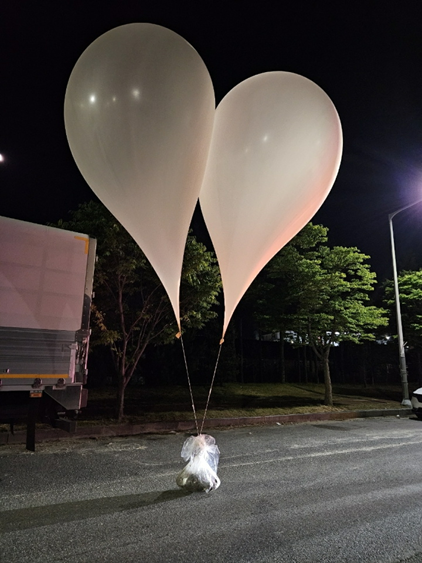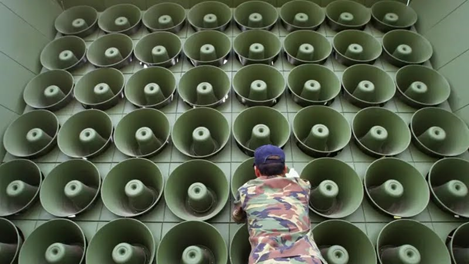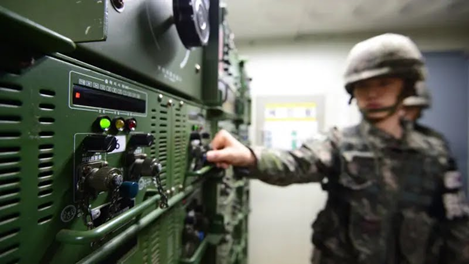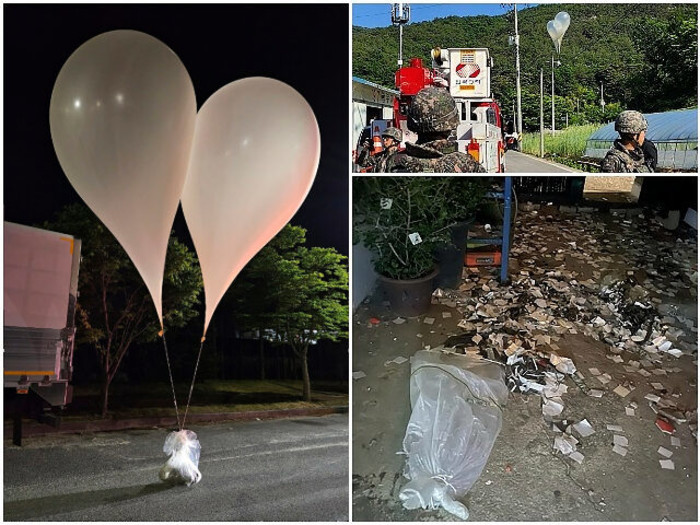- South Korea has been on high alert after the North launched more balloons towards its border.
- This move has heightened tensions between the two nations.
- Over 260 balloons carrying numerous ‘filthy’ material were launched on Sunday, July 21, from the North marking the 9th event of its kind, since May 2024.
- Pyongyang, the North Korean Capital, described it as tit-for-tat after a South Korean activists' campaign sent giant balloons ferrying USB sticks and propaganda leaflets into North Korea's heavily armed border.
- On Sunday, the South Korean military asserted that they were stepping up to respond to North Korea’s provocation with full scale loudspeaker propaganda broadcasts being activated once more across the 248KM border.
South Korea has been on high alert after the North launched more balloons towards its border, a tactic that has since witnessed over 2000 garbage-filled bags cross into South Korea since May 2024.
North Korea has resumed a series of balloon launches into South Korea, sparking heightened tensions between the two nations. Kim Jong Un, the North Korean leader, has reignited a cold-war style psychological campaign dating back to the Korean war.
Over 260 balloons carrying numerous ‘filthy’ material were launched on Sunday, July 21, from the North, marking the 9th event of its kind, since May 2024.

Read More
South Korean military officers claim no danger is posed by these trash heaps besides damage to property and streets.
Images circulating on social media show military officers cautiously scruffing through bags tethered to strings, attached to two white balloons with contents ranging from waste paper, cigarette butts, scraps of clothing and excrement that have continuously rained down on South Korean streets.

North Korea states that the launches were in response to a group of South Korean activists’ campaign that saw giant balloons ferrying USB sticks and propaganda leaflets, being flown into North Korea's heavily armed border. Pyongyang, the North Korean Capital, described it as tit-for-tat. The South’s provocation was seen as a threat to Kim Jong Un’s authoritarian rule.
South Korea’s joint chief of staff said in a statement, that the North Korean government was responsible for the situation, terming the events as ‘vulgar and shameful’.
Concerns have been raised in the Korean peninsula over the North’s past military drills and missile tests across the sea. World leaders have continuously fired strong condemnation at the recent mutual defense pact between Pyongyang and Russia.
On Sunday, the South Korean military asserted that they were stepping up to respond to North Korea’s provocation.
Full scale loudspeaker propaganda broadcasts across the 248 kilometer long border were activated once more, after over 40 days, as a proportional response to the North's activities.

The broadcasts, capable of propagating for over 24 kilometres, are meant to sow doubt among the residents and demoralize North Korean front-line troops.
Latest broadcasts include K-pop songs and news of BTS member Jin carrying the iconic torch ahead of the 2024 Paris Olympics.
Previously, South Korea would blast South Korean propaganda, including weather forecasts and news from around the world.

North Korea enforces a ban on Western media, including fashion, music, hairstyles, K-pop, K-drama, and other Western-influenced paraphernalia. Foreign material not sanctioned by the state is prohibited, and anyone found in possession of these materials faces severe consequences.
South Korea’s retaliation with foreign influence material, directly and indirectly attacks the regime’s legitimacy and entire ideological framework of submission to the state that North Korea feeds its people.
“North Korea’s tolerance for foreign influence is in constant flux, shifting alongside its economic wellbeing and international diplomacy.”
While a full-scale military presence and intervention is unexpected and unlikely, South Korea looks to its allies to enhance border and national security. This happens at a time when dialogue between the two nations is at a pause.










